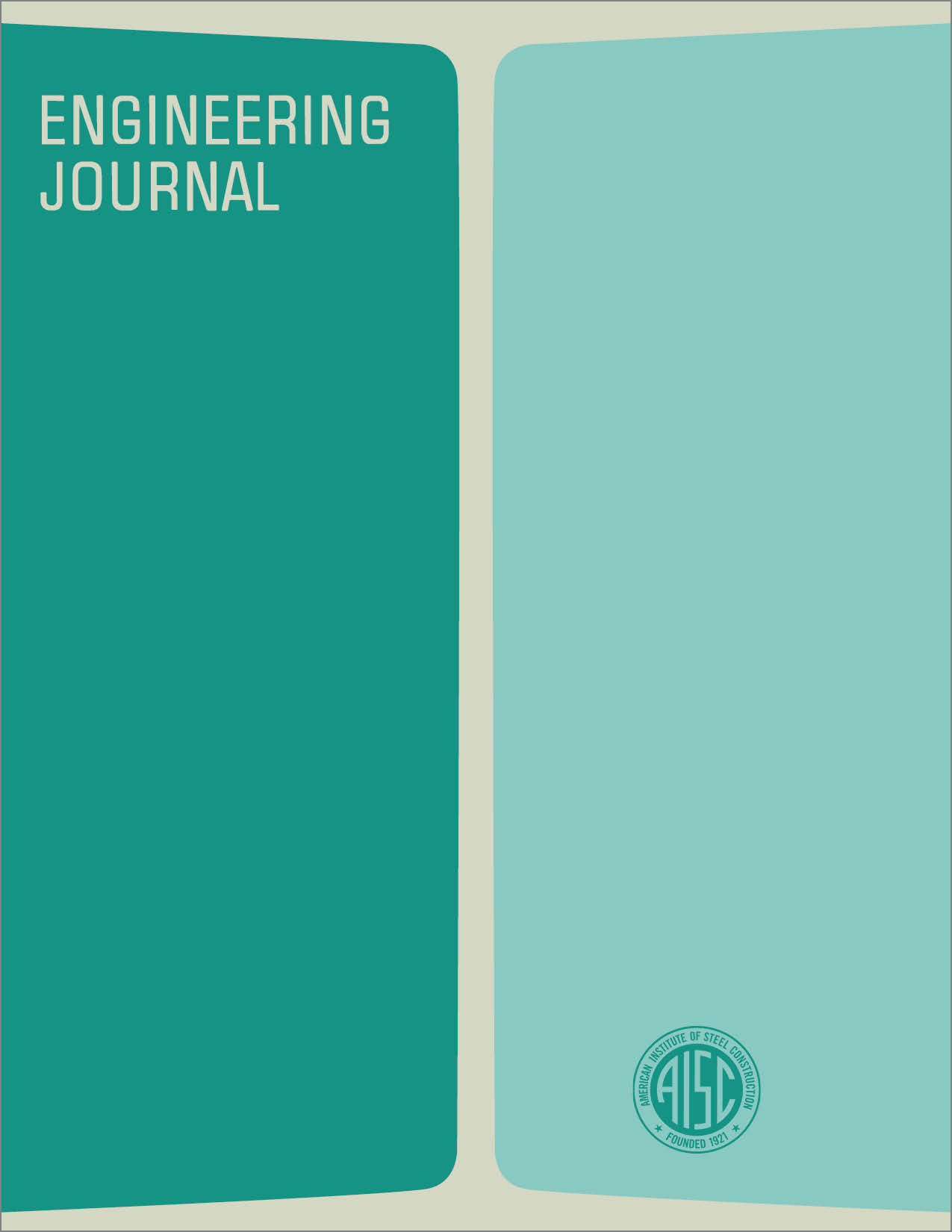Drift Reduction Factors for Belted High-Rise Structures
DOI:
https://doi.org/10.62913/engj.v12i3.247Abstract
Reduction of drift in high rise structures is necessary to prevent unsightly plaster cracks and minimize the psychological effects of unnerving movements and frightening noises. The purpose of lateral load bracing systems is to resist lateral forces due to wind and earthquake. Wind or seismic bracing systems may be classified as X brace, K brace, knee brace, and rigid frame. These systems are used in building core regions, as between elevator or duct shafts and adjacent to passageways or corridors. Shear walls are often selected for structures with large column spacings when lateral forces can no longer be resisted by the floor slabs alone. The extent of joint fixity provided by connections becomes a primary consideration in the design of rigid frame bracing.

